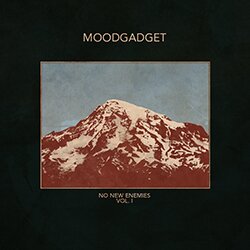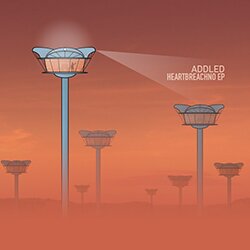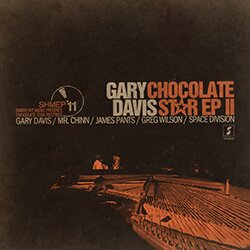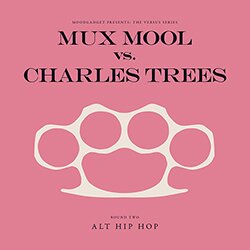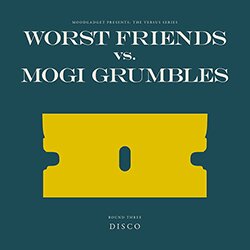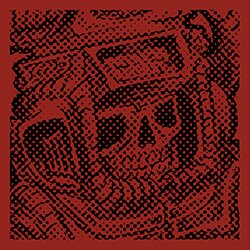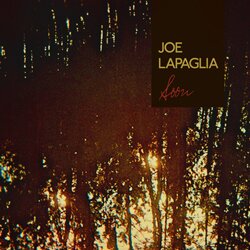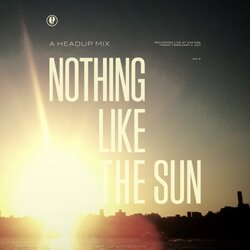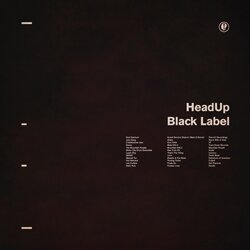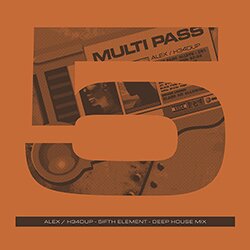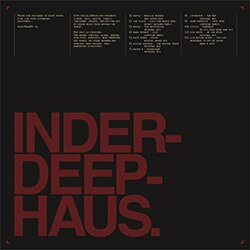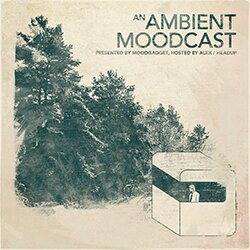Gil Scott-Heron
I’m afraid that one of the most talented and complex souls in music, a tortured yet beautiful soul, the creator of decades-worth of essential music and poetry, , has departed from this earth and returned to his maker. Starting at the beginning of the 1970’s, Gil Scott-Heron’s musical career flourished, waned, and then re-surged with the new and current generation. His work was filled with very raw, human, distinctly Afro-American sentiment, reflecting his life’s complex web of social issues, struggles inside and outside of his own race, his role within the rough world and tough times in which he was placed, and his attempts at responding to that world. His gift was, at times, more like a curse, as Scott-Heron’s problems with addiction left him in very dark places, themes often explored in his music, especially in his later work. What he left behind, however, is a touching and beautiful story about raising up and falling down, only to rise once more, about questioning one’s surroundings, and Gil Scott-Heron’s ultimate discovery that running away from one’s problems is never truly possible.
Gil Scott-Heron – Speed Kills – Free Will
Audio clip: Adobe Flash Player (version 9 or above) is required to play this audio clip. Download the latest version here. You also need to have JavaScript enabled in your browser.
Gil Scott-Heron was born in Chicago, IL in 1949, but moved to live with his maternal Grandmother, Lillie Scott, in Tennessee until age 12, when after she died, Gil went to live with his mother in the Bronx. He attended college at Lincoln University in Pennsylvania, the alma-mater of his biggest influence at the time, Langston Hughes. It was here that he met Brian Jackson, his collaborator in the years to come. His first release, Small Talk at 125th & Lenox, which features one of his most famous poems, The Revolution Will Not Be Televised, was released in 1970, and while Scott-Heron never received his undergraduate degree, he did receive a master’s degree from Johns Hopkins in creative writing in 1972.
Gil Scott-Heron & Brian Jackson – Rivers Of My Fathers – Winter In America
Audio clip: Adobe Flash Player (version 9 or above) is required to play this audio clip. Download the latest version here. You also need to have JavaScript enabled in your browser.
In 1974, Gil Scott-Heron and Brian Jackson released Winter In America, the first musical album of his that I ever listened to. I remember being completely floored by the jazz and funk, of which I had long been a fan, but Gil Scott-Heron’s soulful, honest croon is what really captivated me. I had never heard something so upfront and believable in music. I carried the sentiment of a person just singing in the street in public, but yet it was dignified and even refined. Winter In America explores a wide range of themes and emotions, from the difficulties of being a parent/child, to the Watergate scandal, to the all-to-familiar woes of alcoholism and the victims we didn’t always consider.
Gil Scott-Heron & Brian Jackson – A Toast To The People – From South Africa To South Carolina
Audio clip: Adobe Flash Player (version 9 or above) is required to play this audio clip. Download the latest version here. You also need to have JavaScript enabled in your browser.
A couple years later in 1976, they released From South Africa to South Carolina, an even more politically-conscious release than before, on this album, they spoke out against racial and social segregation, but also called upon the oppressed to come together and act. It still provided listeners with a rare, yet universally understandable, view of life in the shoes of a black man trying to make sense of the world around him, even the world of the home, and of the family. Beginnings (The First Minute Of A New Day) is one of these incredible tracks, beginning with a yawn, and rising up from slumber to confront the new day’s opportunities and challenges, a new day’s struggle for freedom.
Gil Scott-Heron – Where Did The Night Go – I’m New Here
Audio clip: Adobe Flash Player (version 9 or above) is required to play this audio clip. Download the latest version here. You also need to have JavaScript enabled in your browser.
The years to follow would prove to be even more challenging, and as hard as Gil Scott-Heron persisted, he was met with difficulty, he released four albums over the course of the 80’s, ultimately being dropped from Arista records in 1985, which led him to quit recording and focus on performance. His early hip-hop harbinger, Let Me See Your ID became an anthem against the apartheid oppression taking place in South Africa, as in most circles of rap, he is considered a Godfather of the genre, a title Gil himself has expressed ambivalence at. Soon after, however, his drug problems began to catch up to him. By the turn of the century, he had become slightly obscure, and in 2001, was imprisoned, released, and later re-imprisoned for charges of cocaine-possession. A staggering blow hit when it was confirmed in 2008 that he had been HIV-positive for several years.
Gil Scott-Heron & Jamie xx – Home – We’re New Here
Audio clip: Adobe Flash Player (version 9 or above) is required to play this audio clip. Download the latest version here. You also need to have JavaScript enabled in your browser.
In most cases, people who take such a fall are unable to pick up the pieces of their life and continue to be. With a short list of collaborations and appearances with prominent hip-hop acts like Blackalicious, Kanye West, and Common, Scott-Heron set out to have the final say to the wide range of listeners he had gained in years past, and the new generation of listeners who were evidently waiting expectantly as well. In 2010, he released I’m New Here, an LP that summed up his present state and in many ways set right what any critic might still want to point out. It presents an unsettling, but powerful and play-worthy look back into the life of the man who used to sing to his daughter while she was asleep to get things off his chest, the picture is now starkly different and even more gripping because of this difference. He reviews his life and his accomplishments and errors, forgiving himself and accepting what will never be forgiven. The material was then revisited by Jamie xx of the xx in We’re New Here, both albums saw considerable praise and provided the new generation with the answer they had been waiting to hear for the duration of their awareness of his work. In 2011, he became ill after returning from Europe, and on May 27, 2011, Gil Scott-Heron passed away for causes as of yet unexplained. But his work lives on boldly, reminding listeners of their own humanity, and their responsibility to resist the temptation to sit and complain, to stop running away from the inevitable, to be brave and to act.
Trackback URL

